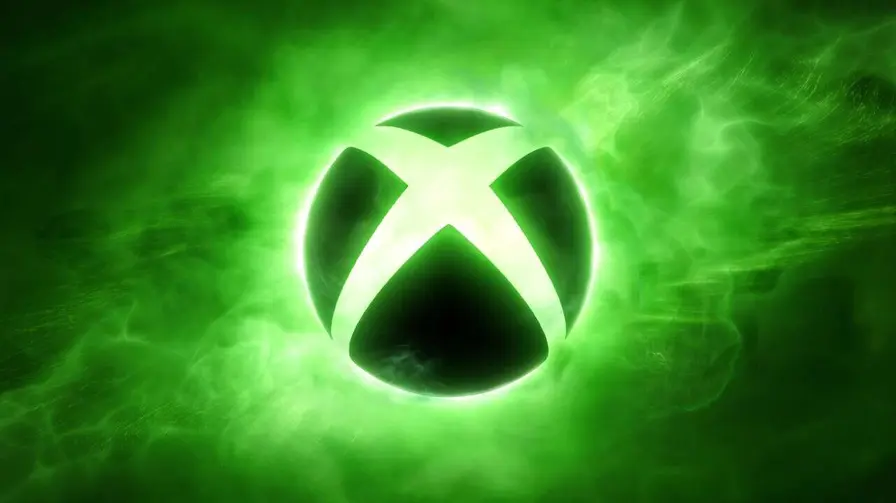T4K3.news
MLB expansion may trigger division realignment
Commissioner Rob Manfred said expansion could lead to geographically based realignment of divisions, potentially changing schedules and travel.
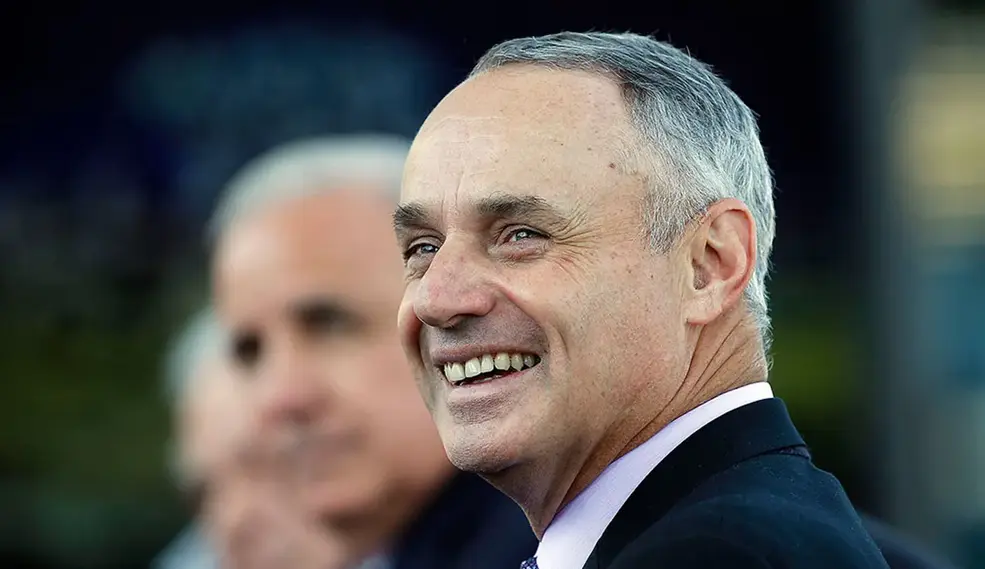
MLB commissioner Rob Manfred signals expansion could trigger a geographic realignment of divisions.
MLB Realigns Divisions After Expansion
MLB commissioner Rob Manfred said on ESPN during the Little League Classic that any expansion would likely come with a geographic realignment of teams. He argued that expanding the league would reduce travel wear for players and could make the postseason more appealing to broadcasters by emphasizing regional matchups between East and West. He did not outline a final plan but noted that geography could guide future scheduling, signaling a broader rethink of how the league structures itself after growth.
Manfred floated possible formats for a larger MLB, such as eight divisions of four teams or four divisions of eight, depending on how many clubs join the league. He pointed to Nashville and Salt Lake City as leading candidates for expansion. If such changes materialize, the shift could alter traditional rivalries, reshape fan loyalties, and ripple into broadcast windows and travel costs.
Key Takeaways
"I think if we expand, it provides us with an opportunity to geographically realign."
Manfred on ESPN during the Little League Classic.
"That 10 o'clock timeslot where we sometimes get Boston-Anaheim would be two West Coast teams."
Description of how realignment could affect TV windows.
"We have the opportunity to do something good around that expansion process."
Manfred expressing optimism about expansion's results.
"I think the owners realize that there's demand for Major League Baseball."
Manfred referencing league interest in expansion.
The idea reflects a practical impulse: make travel less strenuous for players while sharpening the league's national storytelling for TV. Geography-based realignment could also unlock more consistent regional matchups that broadcasters crave, potentially stabilizing scheduling and revenue. Yet the move risks upsetting long-standing rivalries and the cultural fabric of local fan bases, which rely on familiar matchups and histories.
If expansion goes ahead, the league will face a balancing act between growth and tradition. Ownership groups, broadcasters, and fans may push for different outcomes, from preserving key rivalries to pursuing new markets. The coming discussions will test whether MLB bets on modernization at the cost of legacy or finds a middle ground that honors both.
Highlights
- Expansion gives us a chance to geographically realign
- That 10 o'clock timeslot becomes a real opportunity for West Coast fans
- We have the opportunity to do something good around that expansion process
- Expansion could unlock better travel and stronger TV windows
Expansion realignment risk to fans and finances
Expansion and realignment could disrupt traditional rivalries and raise costs for travel and operations. The changes may provoke public reaction from fans in new markets and push broadcasters to renegotiate deals, creating financial and cultural tensions for teams.
The league will reveal how it plans to grow while preserving the game’s character.
Enjoyed this? Let your friends know!
Related News
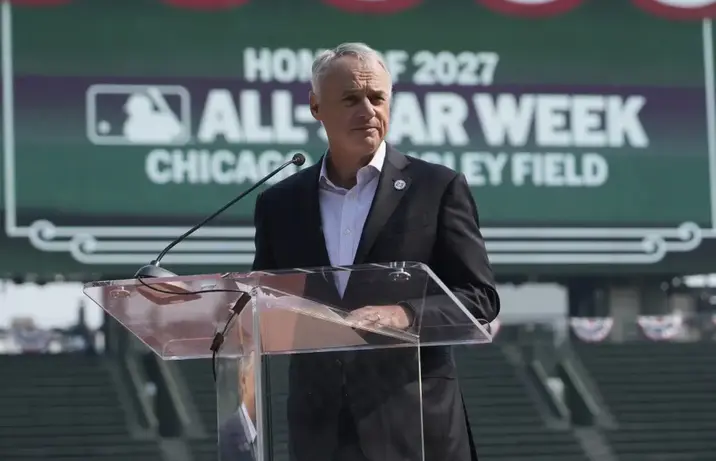
MLB maps new divisions to cut travel
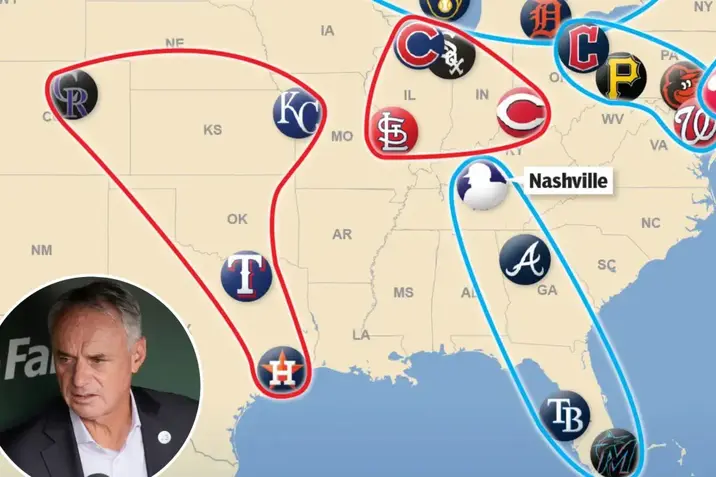
MLB realignment plan draws backlash
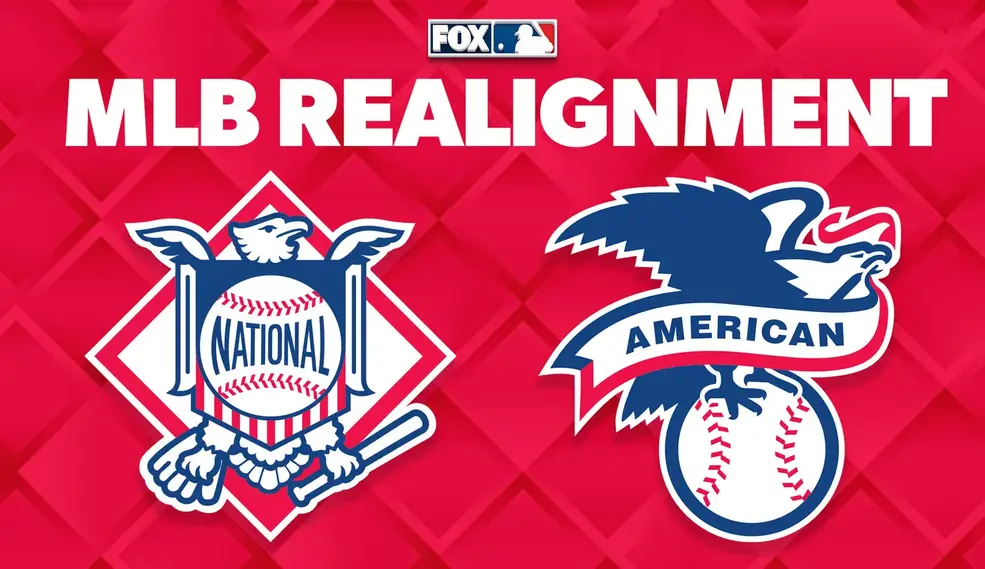
MLB considers eight-division realignment

MLB expansion realignment headlines
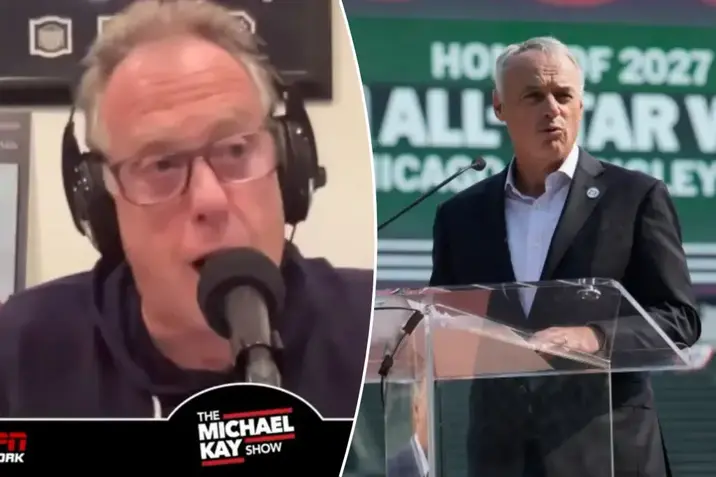
Possible MLB realignment under discussion
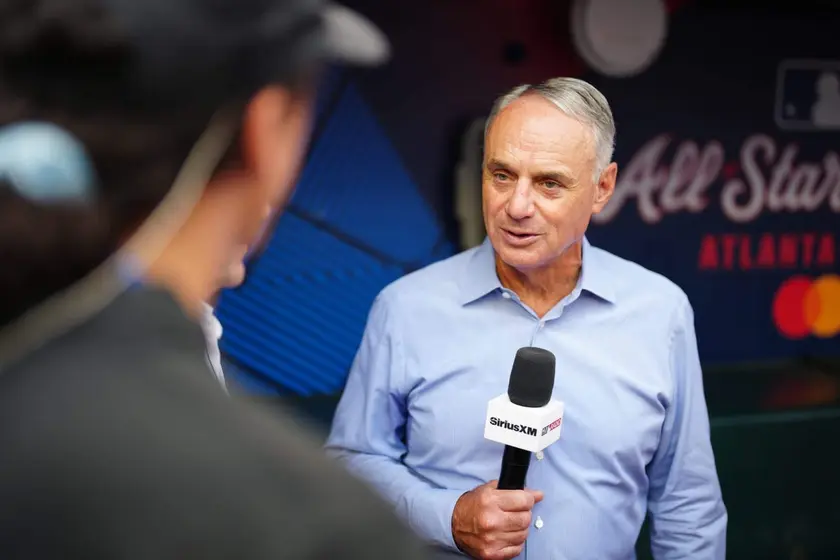
MLB expansion could realign the map

Cameron Maybin opposes MLB realignment shakeups
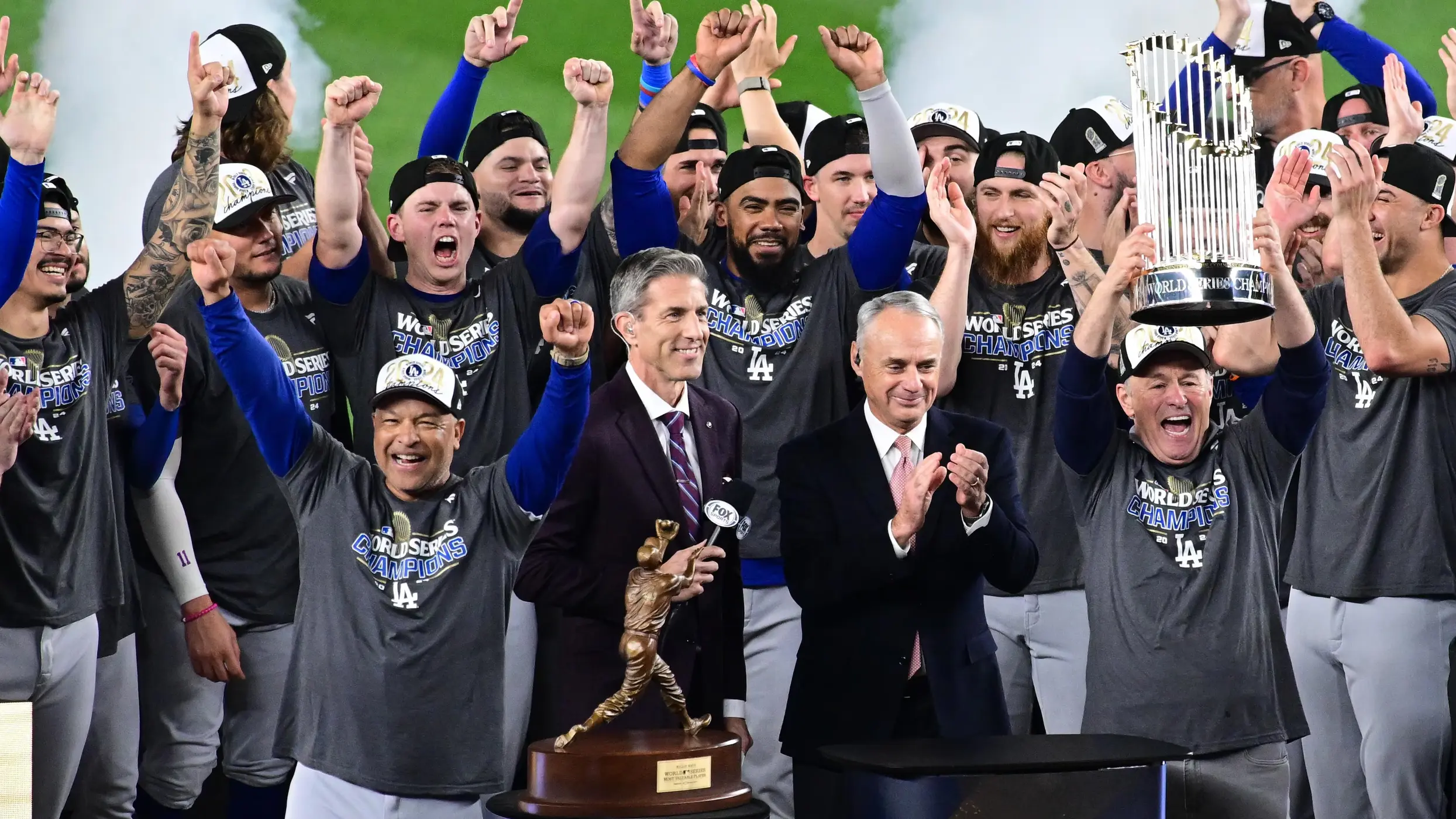
MLB weighs expansion and division realignment
